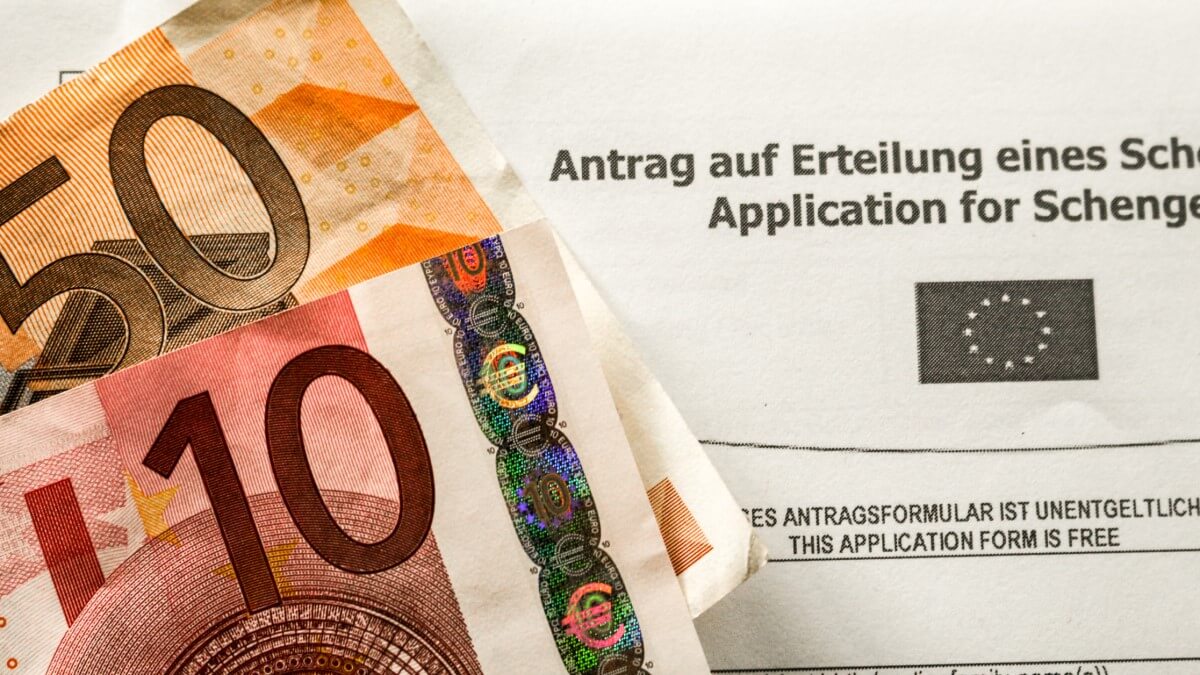Understanding the Schengen Visa
The Schengen Visa is a coveted travel document that grants its holder access to the Schengen Area, a zone encompassing 27 European countries. This visa allows for seamless travel within the Schengen Area for tourism, business, or visiting family and friends, for up to 90 days within a 180-day period. The Schengen Area includes most EU member states, with the exception of Ireland and Cyprus. It also includes non-EU countries like Norway, Iceland, Liechtenstein, and Switzerland.
The Schengen Visa Fee Hike: What You Need to Know
Starting June 11, 2024, the cost of obtaining a Schengen Visa will increase. This decision, confirmed by the European Commission and Slovenia's Ministry of Foreign and European Affairs, will affect visa applicants worldwide. The fee increase is attributed to rising inflation within the EU and increased salaries for civil servants.
Key Changes in Schengen Visa Fees
Adults: The visa fee for adult applicants will rise from €80 to €90.
Children: The fee for children aged six to twelve will increase from €40 to €45.
Non-cooperative Countries: Countries that do not cooperate with the EU in readmitting their citizens who have overstayed their visas may face a significant increase in visa fees, potentially reaching €135 or even €180.
Why the Increase?
The European Commission conducts a scheduled review of EU visa fees every three years, as mandated by the Schengen Visa Code. The most recent review took place in December 2023, leading to the decision to increase fees. The EU justifies the increase by citing the need to keep pace with inflation and the rising cost of processing visa applications.
Impact on Travelers
This fee increase will impact travelers worldwide who require a Schengen Visa to enter the Schengen Area. The increased cost may make travel to Europe less accessible for some individuals, particularly those from countries with weaker currencies.
Visa-Free Travel and the Schengen Area
While many nationalities require a visa to enter the Schengen Area, citizens of certain countries enjoy visa-free travel for short stays. These countries typically have strong diplomatic ties with the EU and meet specific criteria related to security, border control, and reciprocity.
The Schengen Area and the European Union
The Schengen Area and the European Union are often confused, but they are distinct entities. While most Schengen Area countries are also EU member states, there are exceptions. Some EU countries, like Ireland and Cyprus, are not part of the Schengen Area, while some non-EU countries, like Norway and Iceland, are members.
Applying for a Schengen Visa
The process of applying for a Schengen Visa involves several steps, including:
Determining the correct visa type: Applicants must identify the specific type of Schengen Visa that aligns with their purpose of travel.
Completing the application form: The application form must be filled out accurately and completely.
Gathering supporting documents: Applicants need to provide various supporting documents, such as a passport, travel insurance, proof of accommodation, and financial means.
Scheduling an appointment: Applicants typically need to schedule an appointment at the consulate or embassy of the country they intend to visit.
Attending the visa interview: During the interview, applicants may be asked questions about their travel plans and background.
Paying the visa fee: The visa fee must be paid at the time of application.
Tips for Schengen Visa Applicants
Apply early: It's advisable to apply for a Schengen Visa well in advance of your intended travel dates, as processing times can vary.
Ensure your passport is valid: Your passport must have at least six months of validity remaining beyond your intended stay in the Schengen Area.
Provide accurate information: All information provided in your visa application must be accurate and truthful.
Be prepared for the visa interview: Practice answering common visa interview questions and be prepared to provide clear and concise explanations about your travel plans.
The Future of Schengen Visa Fees
The European Commission's decision to increase Schengen Visa fees reflects the ongoing evolution of the EU's visa policy. As global economic conditions and travel patterns change, it's possible that visa fees may be subject to further adjustments in the future.
Conclusion
The Schengen Visa remains a valuable tool for travelers seeking to explore the diverse cultures and landscapes of Europe. While the recent fee increase may pose a challenge for some applicants, understanding the changes and preparing thoroughly for the application process can help ensure a smooth and successful visa application experience.






















0 Comments